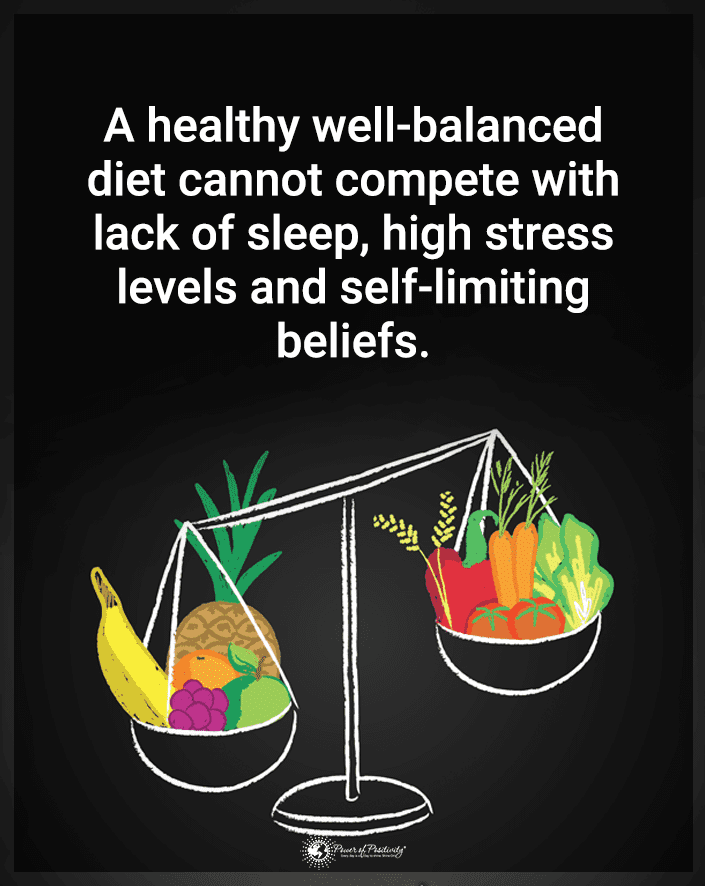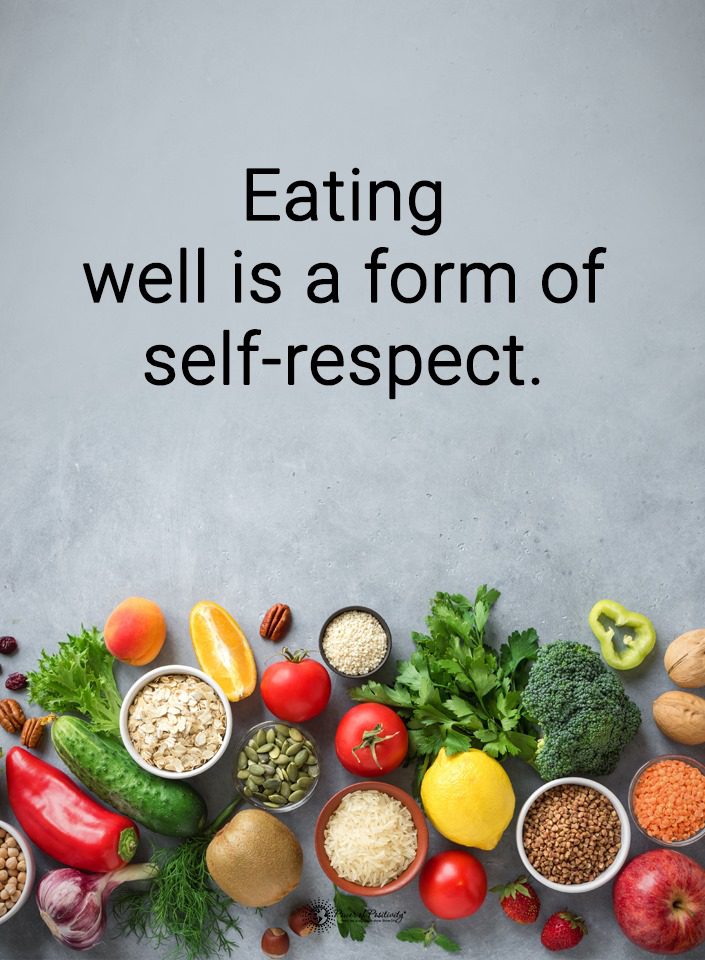Millions of people in the past several decades have switched to eating vegetarian food due to health, environmental, and animal welfare concerns. Some feel drawn to this eating plan to heal complex medical issues such as IBS, diabetes, and other diseases. While a vegan diet alone cannot cure major illnesses, many scientists now agree that food is critical to well-being. What we eat affects every cell in our bodies, contributing to either disease or health based on the nutritional quality of our food. As the saying goes, “You are what you eat.”
Therefore, eating vegetarian food such as fruits, vegetables, nuts, seeds, whole grains, low-fat dairy, and eggs can vastly improve one’s health. Consuming natural foods allows the body to assimilate nutrients properly and digest the fiber efficiently. While some people feel better eating meat, others may develop problems like heart disease, cancer, and chronic fatigue.
These health scares prompt many to consider a vegetarian diet consisting of plant-based foods, eggs, and dairy products. However, some people take it a step further and become vegan, abstaining from all animal products. Whatever diet you follow, the importance of vegetarian food can’t be overstated since everyone needs plants to survive. Below, we’ll discuss a few key reasons for adopting a plant-based diet.
#1: Ethical Concerns Regarding Animal Welfare
One of the main reasons people begin eating vegetarian food involves the unethical practices of the industrial meat industry. Factory farms are notorious for treating animals poorly and putting profits above animal rights. The main moral problems associated with industrial agriculture include overcrowding and inhumane treatment, antibiotic resistance, and increased transmission of viruses.
Animals kept in tightly confined environments have higher stress levels and decreased immunity. This makes them more vulnerable to contracting diseases which require mass antibiotic treatments. However, that doesn’t address the leading cause of the increased spread of viruses: unnatural living conditions. Unsurprisingly, ethical reasons to go vegetarian continue to be a driving factor for people wanting to make major dietary changes.
#2: Health Benefits of Vegetarian Food
After ethical reasons, many vegetarians cite health as a main motivation for making the switch. While some studies are inconclusive, others have shown that vegetarians and vegans have a reduced risk of developing chronic diseases. For instance, one study discovered that vegetarians have lower instances of cardiovascular disease, heart disease, diabetes, obesity, and high blood pressure. Other findings on vegetarian food and health show that plant-based eaters also have lower risks of developing certain types of cancer.
#3: Positive Environmental Impact
Vegetarianism can lead to a reduced carbon footprint and lower resource use, another wonderful reason to adopt a plant-based lifestyle. Studies show the environmental benefits of vegetarianism include reduced land use by 76%, lower greenhouse gas emissions and eutrophication by 49%, and decreased water use by 14%. On the other hand, the environmental impacts of meat consumption are staggering, as the land used for animal products contributes 67% of the deforestation caused by agriculture. Furthermore, 24% of all crops grown globally are fed to livestock for animal agriculture. Raising cattle for food in wealthy countries accounts for 68% of consumption-based agricultural carbon emissions.
#4: Economic Advantages
There are significant economic benefits of vegetarian food, as proven by an Oxford University study comparing the costs of different diets. Their research discovered that vegan diets reduced food costs by nearly one-third, while vegetarian diets came in at a close second. Scientists found that replacing animal products with cheaper plant-based options like legumes and whole grains greatly impacted overall costs.
#5: Enhanced Digestive Function
The link between vegetarian food and digestion has been well-documented, as studies have found that plant-based diets alleviate gastrointestinal symptoms. Specifically, they help ease bloating and cramps, improve digestion, curb heartburn and nausea, and encourage regular bowel movements. It’s believed that the increased fiber intake from vegetarian diets helps regulate the digestive system and remove toxins.

#6: Potential for Weight Management
While vegetarian diets aren’t a foolproof way to lose weight, they may offer advantages for your fitness goals. Studies show that the best vegetarian diet for weight loss includes a diet focusing on non-starchy vegetables, complex carbs, and protein. Also, eating mostly whole foods and limiting calorie-rich ultra-processed foods can help with weight maintenance.
#7: Diversity in Vegetarian Food Options
In addition, the colorful variety in vegetarian meals appeals to many, especially if they’ve recently transitioned from a Standard American Diet (SAD). You’ll have endless options as long as you eat a diverse diet of whole, plant-based foods like nuts, seeds, grains, fruits, and vegetables. You can find thousands or millions of healthy recipes online to keep your taste buds happy.
#8: Lower Risk of Foodborne Illnesses
There’s also comfort in the safety of vegetarian food since fewer people get sick from plant-based options than animal products. According to the CDC, while vegans and vegetarians can still contract food poisoning, meat eaters are at a far higher risk. Raw or undercooked poultry causes most cases of food poisoning, followed by eggs, raw milk, and seafood.
#9: Improved Energy Levels and Vegetarian Food
Many plant-based eaters tout the numerous energy benefits of a vegetarian diet. Eating easily digestible foods like grains, fruits, vegetables, nuts, seeds, and low-fat dairy improves energy by enhancing the digestive system. When foods pass through the gastrointestinal tract quickly, the body can focus on other tasks instead of merely survival. The mind and body will feel lighter and more vibrant by eating a vegetarian diet.
#10: Contribution to Water Conservation
Mounting research proves the water-intensive nature of meat production compared to plant-based foods. According to a study on vegetarianism and water conservation, eating less meat or replacing meat with fish could reduce water footprints by 35-55%. Nearly one-third of global freshwater is allocated to animal farming and growing feed for livestock. Vegan and vegetarian diets require fewer resources such as land and water, making them more environmentally friendly diets.
Tips for Making the Vegetarian Food Switch
It’s difficult to alter your diet, so the best approach involves making incremental changes. In switching to vegetarian food, try these ideas:
- Try out a few recipes to see how your body adjusts.
- Swap one animal-based food for a plant-based option per week until you feel ready to take the plunge.
- Be kind to yourself – and patient! Your body and mind need time to acclimate to vegan or vegetarian food.
Final Thoughts on Exploring Vegetarian Food
The benefits of a vegetarian lifestyle include reducing water footprint, enhancing overall health, and improving animal welfare. Also, plant-based diets require less land usage and greenhouse gas emissions, positively impacting climate change. So, have you been asking yourself, “Why choose vegetarian food?” Hopefully, the above reasons will encourage you to make the switch. The health impacts of vegetarianism alone make it well worth it, as studies have shown it can reduce harmful diseases like diabetes, heart disease, and cancer.
The post 10 Reasons for Switching to Vegetarian Food appeared first on Power of Positivity: Positive Thinking & Attitude.




